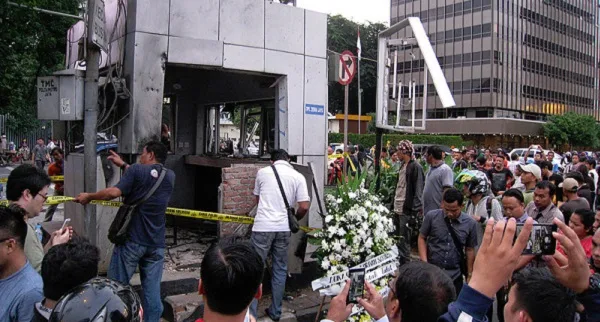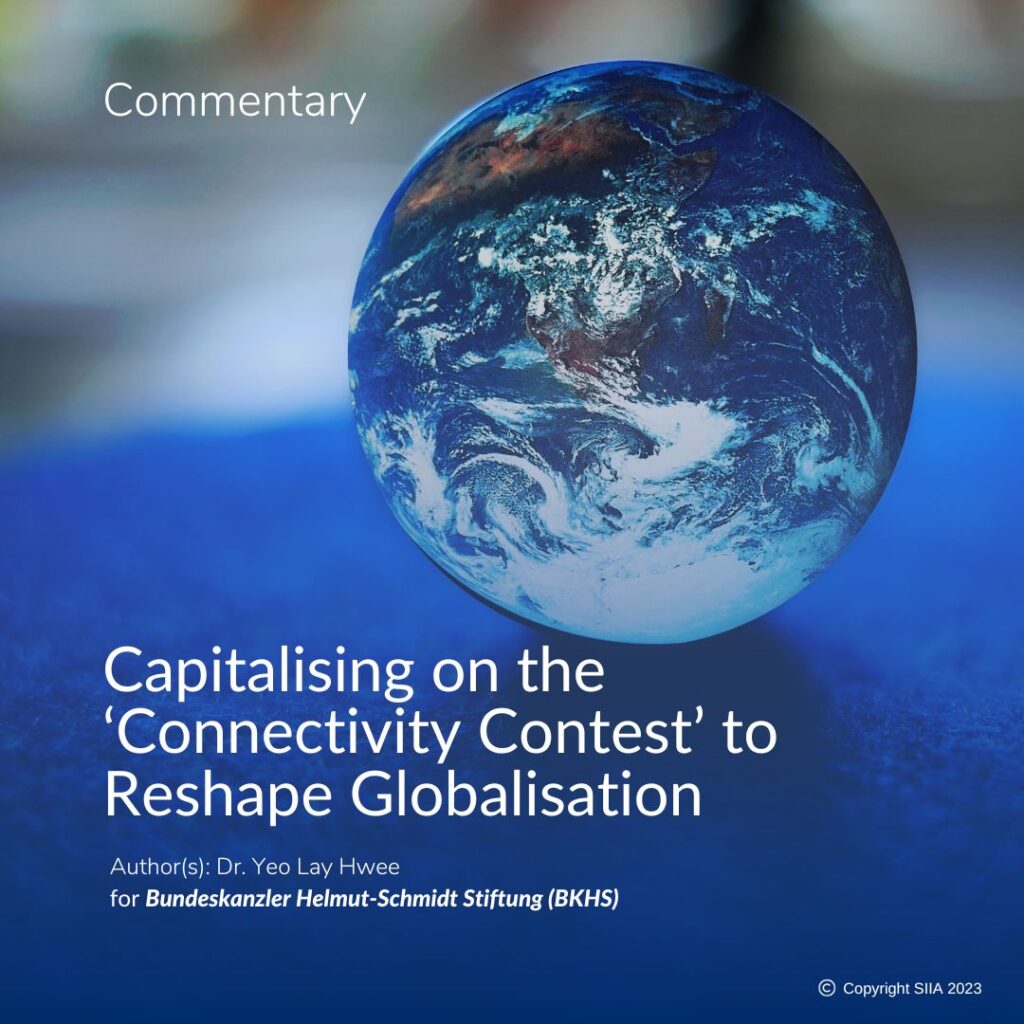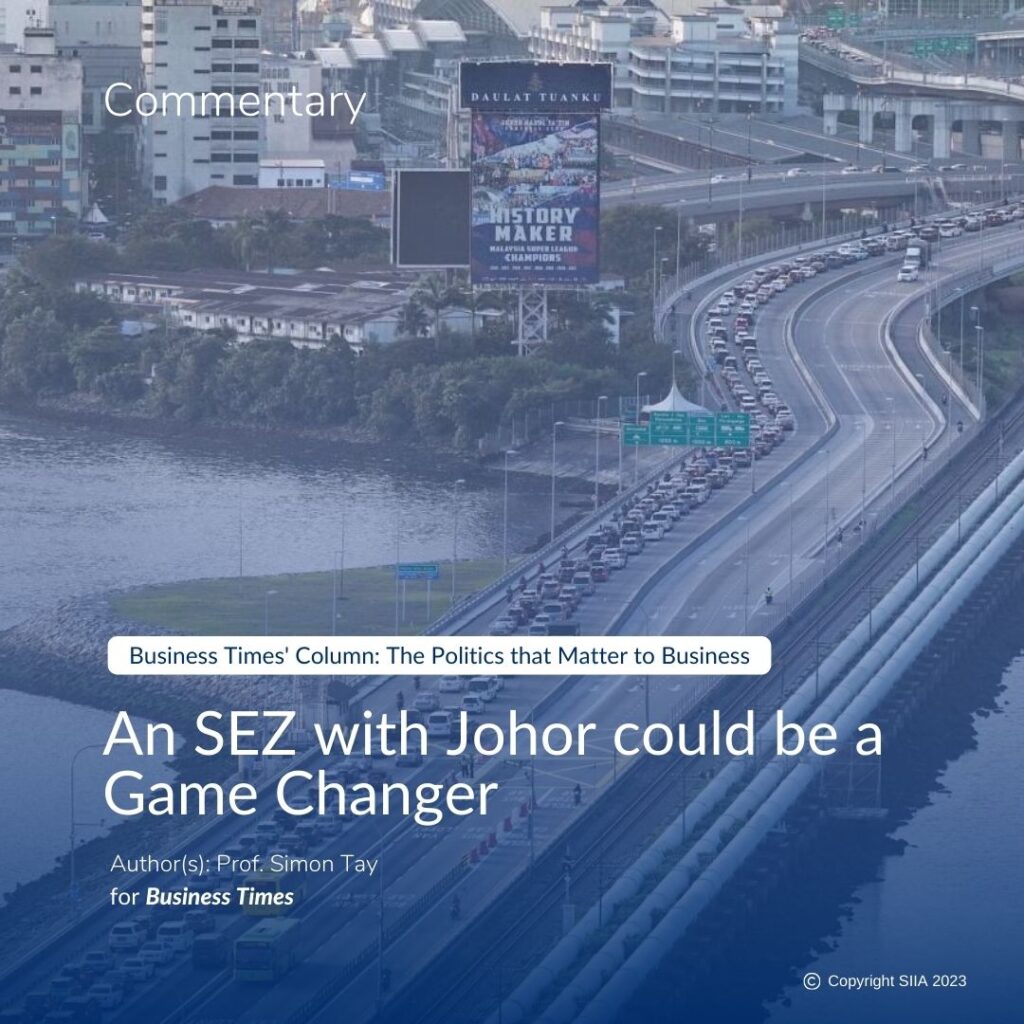The year 2016 has not gotten off to an auspicious start for Indonesia, with the capital Jakarta coming under a terrorist attack on Jan 14. The country and its new President both weathered multiple headwinds in 2015, and they could not have asked for a more challenging start to the new year.
While the Jakarta attack has had limited knock-on effects on the country’s economy so far, this could change if the security situation worsens, given warnings by Indonesian authorities that Katibah Nusantara — the Islamic State’s Malay-speaking wing — is expanding its operations.
This is not the first time Indonesia is confronting a terrorism threat. The Bali bombing in 2002 not only killed over 200 people, it caused the Indonesian stock market to fall by more than 10 per cent and paralysed its tourism industry. Jakarta has also come under attack in recent years, with bombings in hotels in 2003 and 2009 killing 19 people and injuring many more.
Indonesia’s resilience to terror attacks is admirable, but the country’s coping mechanism is short term and does not address the root cause of extremism. This has regional implications. Like a disease, the risks of terror attacks are likely to spread to the rest of the region. This puts major South-east Asian cities that are less resilient at greater risk of an economic fallout. If South-east Asia is seen as a region plagued by terror activities, investors will likely pull out and move somewhere else.
TACKLING THE ROOTS OF EXTREMISM
President Joko Widodo has taken a measured approach in responding to radicalism and extremist groups in his country. Instead of aggressively declaring war on terrorism, as the West and other Middle Eastern states have done, Mr Widodo denounced the recent Jakarta attacks, and sought to reassure his people and the rest of the world that his government and security forces have the situation under control.
Bank Indonesia’s announcement that it would cut interest rates in order to boost economic growth on the back of the bomb blasts also served as an important signal to investors that despite the tragedy and ongoing crackdown on radicalised militants, it was business-as-usual in South-east Asia’s largest economy.
Indonesia holds much promise for many foreign companies keen to take advantage of the huge consumption potential of its 250 million people, but many investors will be watching how the country deals with the scourge of terrorism.
In this regard, Mr Widodo and his team face some unique challenges. Indonesia’s vast archipelago and porous maritime borders represent favourable conditions and a suitable environment for terrorist cells to breed and thrive, as well as to recruit from not only within Indonesia, but also its neighbours.
As the president of a country with the world’s largest Muslim population, Mr Widodo’s preference has been for softer and more preventive methods to balance the harder efforts of law-enforcement and anti-terror crackdowns. Since his days as mayor of Solo, he has advocated creating and working with moderate interfaith-dialogue groups, encouraging public education to curb the spread of Islamic extremist propaganda, as well as addressing socio-economic inequality to deal with radicalism and extremism.
But with the growing terror threat, Mr Widodo will need to move forward with more urgency on plans to control the spread of Islamic extremism in his country.
These should include a multi-pronged approach to address Indonesia’s development gaps and the country’s widening socio-economic inequality and the lack of quality jobs, especially for the younger generation.
It is even more critical now for Mr Widodo to move ahead resolutely with several economic policy packages his administration rolled out in the last two quarters of 2015.
The packages call for foreign investments that would not only help existing primary industries move up the value chain, but also spark the development of new sectors such as e-commerce, pharmaceuticals, and information and communications technology. These are targeted at creating new jobs and boosting domestic consumption.
Funnelling resources towards developing and modernising the many island provinces and regions outside Jakarta has also been a key priority for the Jokowi administration. Ensuring the equitable development of Indonesia will be important to ensure that its people, especially the youth, have less impetus to give in to the allure of radical Islamist terrorist groups in the medium to long term.
Efforts to develop the country’s software — its people — should not be ignored, either. Compared with its neighbours, Indonesia lacks a strong professional labour force that is proficient in the English language. This is a key stumbling block to the country’s economic progress.
Some fear that Indonesia might become the capital of terrorism in South-east Asia. But there is also potential for the country to show how a moderate Muslim-majority and democracy can lead the way in a counter-extremist global movement that embraces inclusiveness, tolerance and peace.
Indonesia must also show conviction and leadership in setting up an intensive and effective de-radicalisation programme that seeks to rehabilitate deportees returning home to Indonesia and addresses the hundreds of convicted terrorists that will be released from prison once their jail terms are up, as early as this year. Anti-terrorism laws also need to be strengthened and enforced so that Indonesian police can act quickly to stop terrorist attacks from being planned or taking place.
Whether or not Mr Widodo’s approach is the best one remains to be seen. But, in a region poised to be the world’s next economic-growth engine, alarmist and aggressive methods are unlikely to work. They could divide the region by isolating the Islamic community further; after all, Muslims account for over 40 per cent of the total population of South-east Asia. This, in turn, could make the community more susceptible to radicalisation.
Instead, a united effort among governments in South-east Asia to cooperate against terrorism could be more effective — Indonesia should continue to work with its ASEAN partners to be proactive in not only dealing with but also preventing such threats. This will go a long way to reassure investors that each country’s government is committed towards building a stable and safe environment for business and investment in the region.
ABOUT THE AUTHORS:
Nicholas Fang and Cheryl Tan are, respectively, Executive Director and Deputy Director for ASEAN at the Singapore Institute of International Affairs (SIIA). This article was originally published in TODAY on 2 Feb 2016. This article was also published in The Jakarta Post on 5 Feb 2016.
Photo Credit: Gunawan Kartapranata, CC BY-SA 4.0




